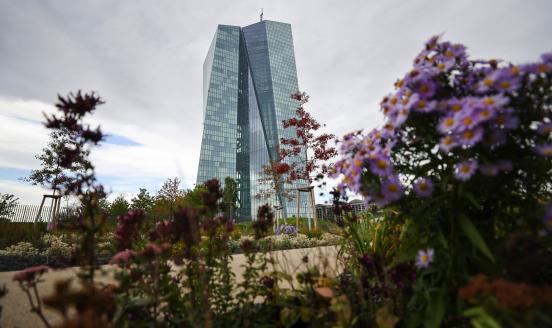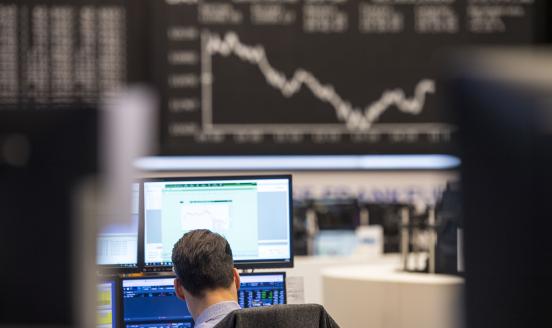Sustainable investing: How to do it
Sustainable investment is gaining momentum in Europe, but its current proposed taxonomy might hinder innovation in the field. In this Policy Contribut

In the transition to a sustainable economy, companies are increasingly adopting the goal of long-term value creation, which integrates financial, social and environmental value. Investors have an important stewardship role to steer companies to sustainable business practices that will achieve long-term value creation.
Policy proposals from the European Union High Level Expert Group on Sustainable Finance, published in January 2018, promote a fiduciary duty to include sustainability in investment, company disclosure of sustainability information and a unified classification system (or taxonomy) of sustainable investments from which investors can choose. A fiduciary duty to include sustainability in the investment process and to disclose sustainability information can accelerate sustainable investment.
But an official taxonomy might stifle innovation in sustainable investment. While such a taxonomy might bring much needed clarity in certain markets, such as the emerging market for green bonds, the general approach to sustainable investment should be market-led. Investors and banks are best placed to assess which companies are prepared for the transition to a sustainable economy.
This Policy Contribution proposes an active investment approach to sustainable investment. This active approach is based on fundamental analysis of companies’ environmental, social and governance (ESG) factors and engagement with investee companies on material ESG factors. The aim is to uncover and realise companies’ social and environmental value alongside their financial value.
Building on previous research (De Jong et al, 2017), we present a six-point plan for sustainable investing. These points range from active investment in concentrated portfolios and long investment horizons, to deep engagement with companies and shorter investment chains.



